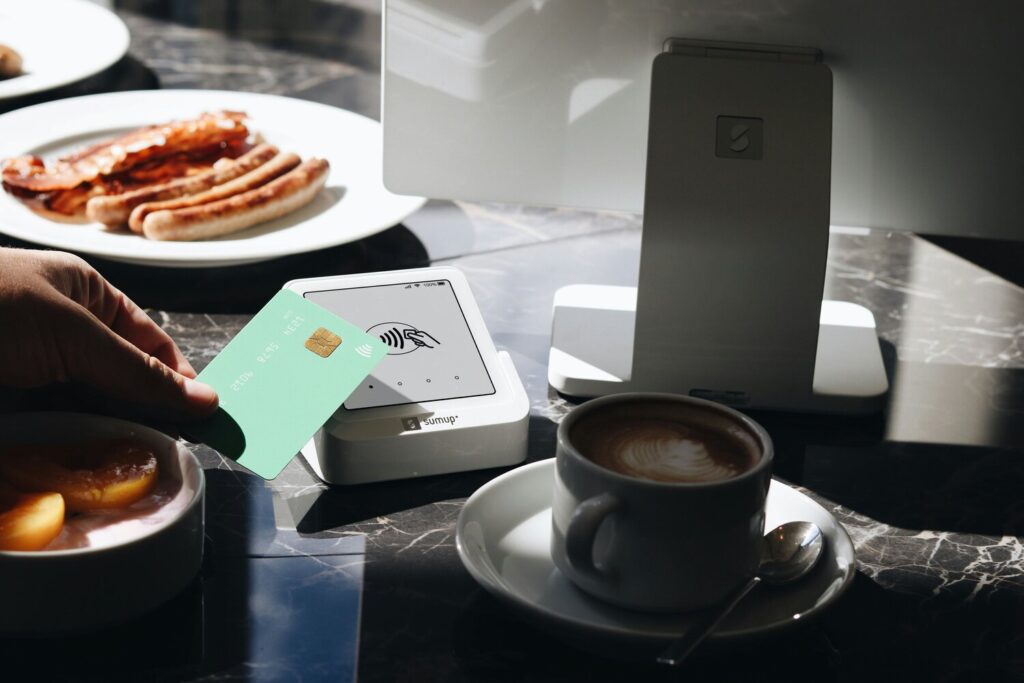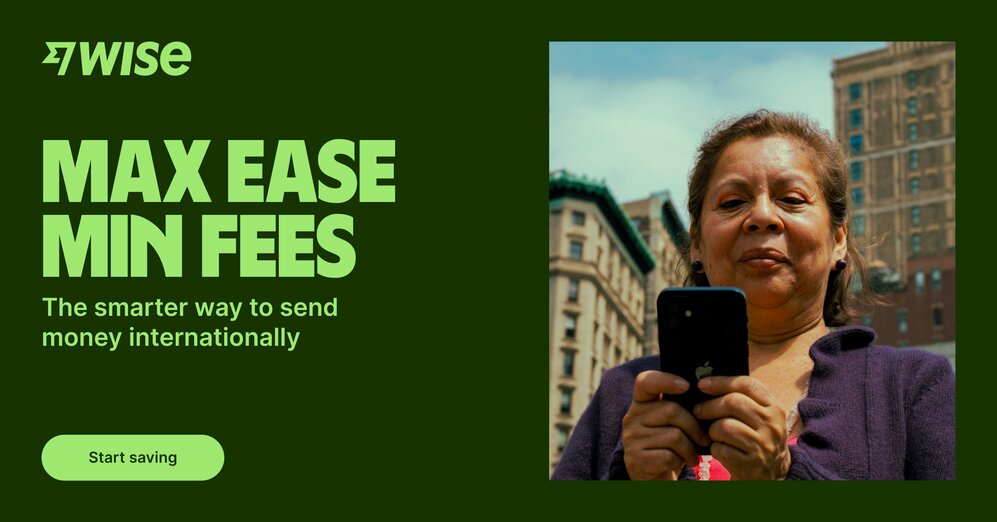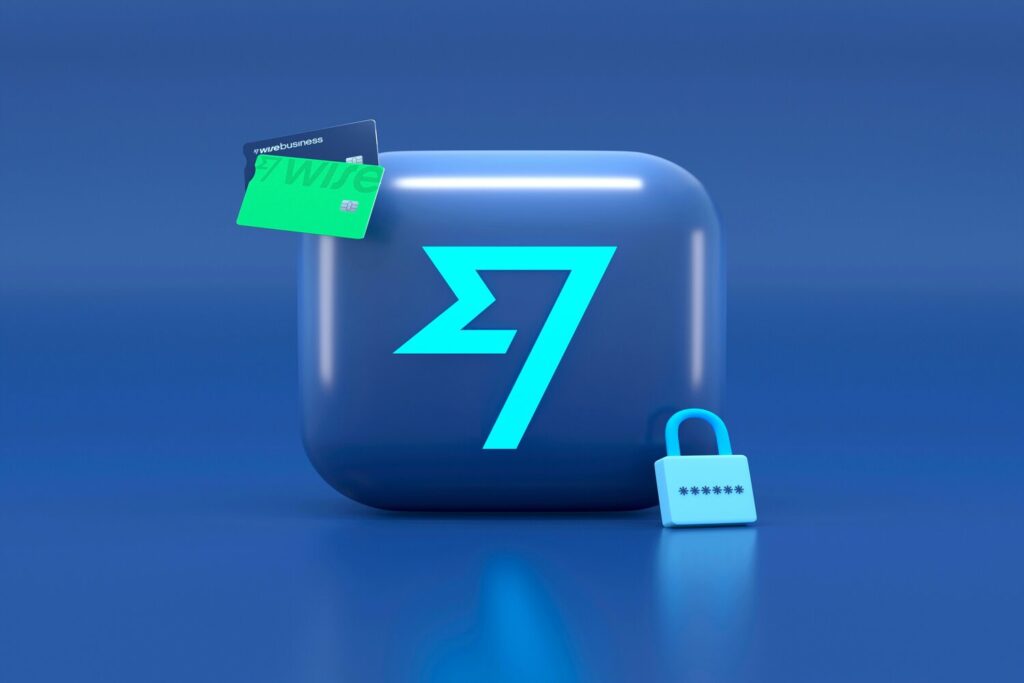
Starling Bank Review 2026 – Is It the Best Multi-Currency Account for You?
In the digital banking space, Starling Bank has risen through the ranks to become one of the leading multi-currency banking solutions and is a refreshing alternative to traditional banking institutions. Known for its transparent fee structure, user-friendly interface, and comprehensive financial management tools, Starling appeals to a diverse range of users looking for efficient ways to manage multiple currencies. The bank has gained particular traction among freelancers, digital nomads, and small business owners who require seamless international banking capabilities without the complexity and costs associated with conventional banks. Its intuitive app design and innovative features have positioned it as a frontrunner in the fintech revolution. Is Starling Bank the best option for managing multiple currencies? Let’s take a deep dive into its features, fees, pros, and cons.
Overview: What Is Starling Bank?
Founded in 2014 by Anne Boden, a former banking executive, Starling Bank is a UK-based digital bank that received its banking license in 2016. It operates as a fully licensed and regulated bank rather than just a financial technology platform, distinguishing it from many competitors in the digital banking space.
Starling Bank differentiates itself through its branchless, app-based approach, offering personal, joint, and business accounts with integrated tools for budgeting, saving, and managing finances. Unlike traditional banks with extensive physical infrastructure, Starling focuses on delivering banking services through technology.
The bank operates on a straightforward model: users can open an account in minutes through the app, receive a physical debit card, and immediately begin managing money across multiple currencies. Transactions and transfers happen in real-time, with instant notifications and categorized spending insights.
Starling is particularly well-suited for UK residents hoping for an alternative to traditional banking, international travelers wanting to avoid excessive foreign transaction fees, and small businesses or freelancers requiring efficient international payment solutions.
Key Features of Starling Bank
Starling Bank offers multi-currency support through its Euro account and USD account options, allowing customers to hold, send, and receive these currencies alongside British pounds. While not as extensive as some competitors, these cover many major trading currencies needed by most users.
When it comes to exchange rates, Starling stands out by using the real Mastercard exchange rate without adding a markup, making it transparent and cost-effective for currency conversions. International transfers are processed through the SWIFT network or via local payment methods depending on the destination, typically completing within 1-3 business days. Transfer limits vary based on account type and user verification status.
The bank’s account management is centered around its award-winning mobile app, which offers comprehensive features including spending insights, savings goals, payment scheduling, and card controls. Web banking is also available for additional convenience. Customer support is accessible through in-app chat, email, and phone, with generally positive response times compared to traditional banks.
Security is a priority at Starling, with the app featuring biometric authentication, real-time notifications, and card freezing capabilities. As a fully licensed UK bank, Starling is regulated by the Financial Conduct Authority (FCA) and the Prudential Regulation Authority (PRA). Deposits up to £85,000 are protected under the Financial Services Compensation Scheme (FSCS), providing customers with peace of mind that their funds are secure.
Fees & Costs
Starling Bank has built its reputation partly on its transparent, low-fee structure, making it an attractive option for cost-conscious customers. Personal accounts come with no monthly maintenance fees, which is a significant advantage over both traditional banks and some digital competitors that charge subscription fees for premium features.
For currency conversion, Starling uses the Mastercard exchange rate without adding its own markup, making it highly competitive for international transactions. This transparency extends to international transfers, where fees start at £4 for standard transfers, with costs varying based on the destination country and transfer amount.
Cash withdrawals from ATMs in the UK are free, while international ATM withdrawals are also free, although ATM operators may impose their own fees. Starling does not set specific withdrawal limits based on account types but rather tailors limits to individual customers based on their usage patterns and risk profiles.
Deposits are generally free through bank transfers, although cash deposits at Post Office locations incur a fee of 0.7% of the amount deposited (minimum £3). Business accounts have slightly different fee structures, with some services incurring additional charges.
It is worth noting that, while Starling aims to keep costs low, certain specialized services like replacement cards (£5), international payments via SWIFT, or emergency cash withdrawals may incur additional fees, so it is always advisable to check the current fee schedule on their website.
Pros & Cons
Pros:
- No monthly account fees for personal accounts
- Transparent exchange rates using Mastercard rates without markup
- Real-time notifications and spending insights
- Quick and easy account setup process
- FSCS protection up to £85,000
- Fee-free spending abroad with no foreign transaction fees
- Excellent mobile app with intuitive user interface
Cons:
- Limited to UK residents for account opening
- Fewer supported currencies compared to specialized forex platforms
- No physical branches for those who prefer face-to-face banking
- Business accounts have more fees than personal accounts
- International transfer fees, while competitive, are not the lowest in the market
- Some advanced features only available to customers with higher activity levels
How to Open an Account
Opening a Starling Bank account is a straightforward process that can be completed entirely through the mobile app. Start by downloading the Starling Bank app from your device’s app store. Once installed, select the account type you want to open (personal, joint, or business) and provide basic personal information including your full name, date of birth, email, and UK mobile number.
Starling requires identity verification, which is handled through a video selfie and an image of your ID document (passport, driving license, or national ID card). You’ll also need to provide your UK address and may be asked for proof of address in some cases.
The verification process is typically completed within minutes, with account approval often happening almost instantly. Once approved, your digital account becomes immediately available through the app, while your physical Mastercard debit card will arrive by mail within 3-5 business days.
The entire process from download to approval can take as little as 10 minutes, making Starling one of the fastest account opening experiences in banking.
Who Should Use Starling Bank?
Starling Bank is ideally suited for UK residents looking for a flexible, low-cost banking solution with excellent currency features. It is particularly valuable for frequent travelers who want to avoid foreign transaction fees and benefit from the real Mastercard exchange rate when spending abroad.
Freelancers and small business owners will appreciate the dedicated business accounts with integrated tools for expense tracking, tax management, and invoicing. The seamless integration with accounting software makes it especially useful for self-employed professionals managing their own finances.
Digital nomads based in the UK will find Starling’s international features beneficial, although those requiring extensive multi-currency capabilities might need additional solutions. If you frequently travel between the UK and Eurozone countries and need to maintain balances in both GBP and EUR, Starling’s Euro account makes this simple and cost-effective.
If you rarely visit physical bank branches and prefer managing everything from your smartphone, you will find Starling’s digital-first approach perfectly aligned with your lifestyle.
Competitor Comparison
Compared to other multi-currency providers, Starling Bank offers distinct advantages and limitations. Wise (formerly TransferWise) provides support for more currencies and potentially lower transfer fees for certain corridors but lacks FSCS protection as it is not a full bank. Revolut offers more currencies and cryptocurrency features but charges for certain services that Starling provides for free and adds markups to exchange rates on weekends.
Monzo, another UK challenger bank, offers similar features to Starling but charges for international ATM withdrawals beyond a monthly limit and doesn’t offer dedicated euro accounts. Traditional banks like HSBC and Barclays offer multi-currency accounts but typically with higher fees and less user-friendly interfaces.
PayPal provides easy international transfers but with significantly higher currency conversion fees and less competitive exchange rates than Starling. For businesses, Starling offers more comprehensive banking features than specialized payment platforms like Payoneer, though the latter may have advantages for freelancers receiving payments from international marketplaces.
While Starling excels at providing a great user experience and transparent fees, those needing to hold many different currencies simultaneously might find Revolut or Wise more suitable despite their different regulatory status.
Conclusion: Is Starling Bank Worth It?
Starling Bank stands out as an excellent choice for UK residents looking for a comprehensive, transparent, and user-friendly multi-currency banking solution. Its no-fee personal accounts, real exchange rates, and intuitive app make it particularly valuable for travelers, freelancers, and small businesses that want to minimize banking costs while enjoying the utmost in convenience.
The bank’s strongest selling points are its full UK banking license with FSCS protection, absence of foreign transaction fees, and seamless digital experience. However, its limitation to UK residents and support for fewer currencies than some specialized providers are factors to consider.
If you prioritize security, transparent fees, and a full-featured banking experience from a regulated institution, then Starling Bank is definitely worth considering. However, if you need to hold multiple exotic currencies or operate primarily outside the UK, you might want to explore alternatives like Wise or Revolut alongside a Starling account.
Thinking of signing up? Check out their website and compare options before deciding, particularly focusing on the specific currencies and features most relevant to your personal or business needs.








Responses